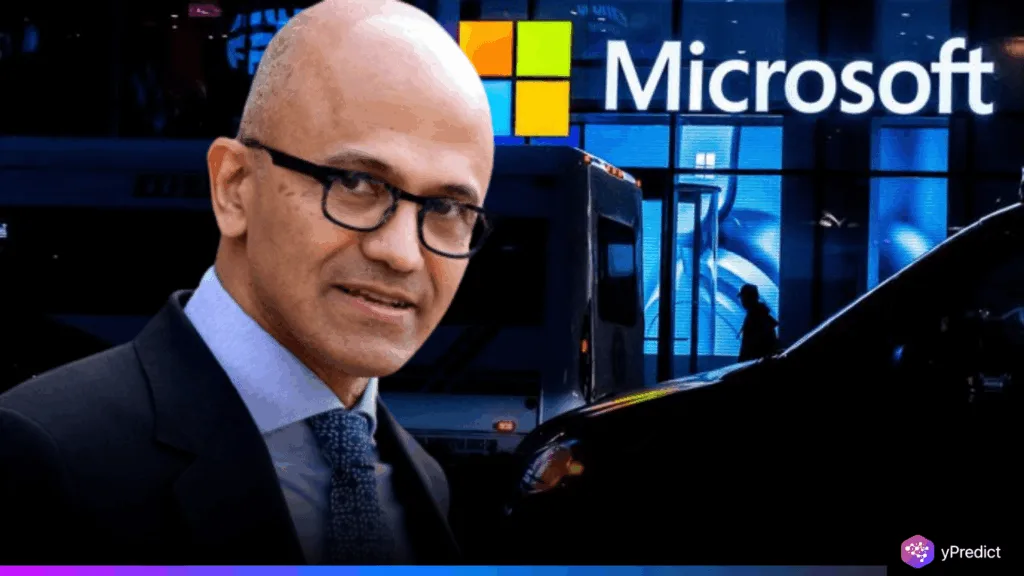
Microsoft CEO Satya Nadella is urging companies to prioritize meaningful AI integration. Speaking at Y Combinator’s AI Startup School, Nadella advised against investing in systems that don’t generate economic or social value. According to Nadella, workplace transformation must be driven by artificial intelligence, even in light of the job losses. Furthermore, he believes it should address current issues in healthcare, education, and bureaucracy.
Microsoft Faces Energy Criticism Amid Mass Layoffs
Microsoft has made significant investments in cloud infrastructure and OpenAI collaborations as part of its core strategy to integrate AI. However, there are still concerns regarding AI’s energy usage. In 2023, Microsoft consumed almost 24 terawatt-hours of electricity, equivalent to a small nation, according to Clean View Energy.
Nadella claims that the tech sector must “earn social permission” to expend this much energy. He emphasized that AI should be used to address real-world problems like expediting hospital discharges and cutting down on administrative hold-ups. These statements are made during a period of internal change at Microsoft.
The company has let go of thousands of employees in the past year. There may be an upcoming round that targets the Xbox division. According to reports, these reductions will help with cost-cutting initiatives following the $69 billion Activision Blizzard acquisition. However, critics say that as it reorganizes, Microsoft is sacrificing people to promote automation.
How AI Integration Is Redefining Tech Job Roles
Nadella gave a preview of how roles are being redefined by AI integration at the same event. He pointed out that hybrid roles are replacing traditional job structures. One excellent example is LinkedIn, where a single “full-stack builder” role now combines product management, front-end engineering, and product design. Therefore, this strategy reflects Microsoft’s goal of streamlining departmental workflows.
Additionally, Nadella clarified that incorporating AI into the workplace won’t be an easy plug-and-play. “If I’m using 99 agents to do my work, everything must change,” he said. This includes redefining jobs, reporting lines, and team sizes. Microsoft is now prioritizing roles that rely on coding and automation. Additionally, it is lowering middle management tiers in order to facilitate a leaner model.
Tech Giants Brace for the Future of Jobs
Microsoft is not the only company undergoing workplace change. Jensen Huang, the CEO of Nvidia, claimed that AI has already altered his methods. Anthropic’s Dario Amodei cautioned that within five years, AI might replace half of all entry-level white-collar jobs. Meanwhile, Amazon’s Andy Jassy said AI would likely reduce headcount but improve operations.
Nadella’s cautious optimism is indicative of a broader concern among tech executives regarding how to balance growth and responsibility. Therefore, businesses still need to manage the social and economic costs even as they hastily adopt new tools. Only with careful application can artificial intelligence yield substantial advantages.
Final Thoughts
In the coming months, there may be more tech layoffs, especially if companies decide to automate rather than hire people. However, Nadella’s remarks indicate a change from hype to impact. Microsoft’s success in this workplace revolution rests not only on strong tools. Additionally, it depends on how well human needs are considered. As AI integration spreads, the challenge of creating the future while proving it is worth the cost remains apparent.





